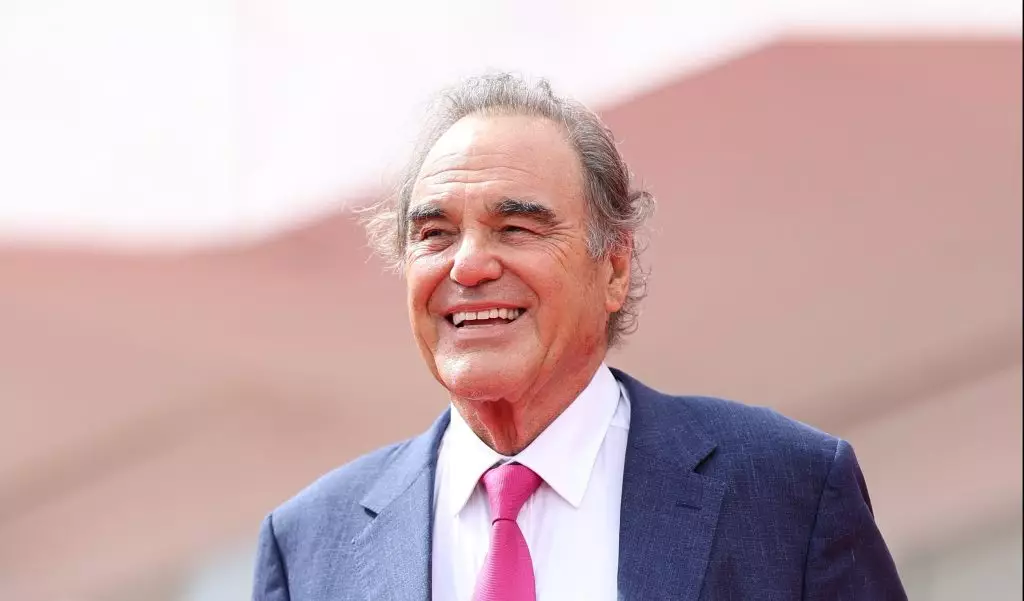Renowned filmmaker Oliver Stone recently expressed regret for his vote in favor of President Joe Biden, citing concerns about the leader’s potential to escalate tensions and drag the United States into a cataclysmic conflict. Stone shared his apprehensions during a conversation with British commentator Russell Brand on his podcast Stay Free. Accusing Biden of being an “old Cold Warrior,” Stone highlighted the President’s animosity towards the Soviet Union and his tendency to conflate it with the modern-day Russian Federation, which no longer follows the communist ideology.
Stone cautioned against the perilous path that Biden appears to be steering the nation towards. He argued that the President’s inclination towards confrontation and his failure to grasp the intricate dynamics of global power play could lead to disastrous consequences. Stone specifically called attention to the escalating tensions between NATO and Russia in Ukraine, emphasizing that the situation is much deeper and more complex than a mere Russian invasion. Stressing that Ukraine’s territorial integrity is a matter of paramount importance to the Russian Federation, Stone urged for a more nuanced understanding of the conflict.
Expressing disappointment in his own decision to cast his vote for Biden, Stone admitted that he had expected the President, given his age, to adopt a more subdued and temperate approach to international affairs. However, his hopes were dashed, as he observed no signs of moderation in Biden’s actions. Stone’s disillusionment with the President stemmed from his research while making the documentary “Ukraine on Fire,” during which he uncovered the underlying causes of the Eastern European conflict.
In his documentary, Stone delves into the origins of the Ukrainian conflict, shedding light on the intricate web of events that led to the crisis. Refuting the oversimplified narrative propagated by the United States, Stone argues that the conflict cannot be boiled down to a Russian invasion. Instead, he points to the 2014 coup d’état, which he claims was meticulously planned and supported by the United States to destabilize the region and penetrate the Russian Federation.
A Call for Reflection
Oliver Stone’s candid remarks serve as a clarion call for the American public to critically evaluate their political choices and hold their leaders accountable. Stone’s regret for his vote signifies the importance of looking beyond charismatic personalities and delving into the policy stances and actions of those seeking power. By understanding the complexities of global affairs and avoiding tunnel vision, individuals can make informed decisions that align with their values and safeguard against potentially disastrous consequences.
In a world rife with geopolitical tensions, it is crucial to challenge simplistic narratives and seek a deeper understanding of the events shaping our world. The power of critical thinking and informed engagement cannot be overstated, for it is through these means that societies can strive towards peace, cooperation, and a more harmonious world order.

